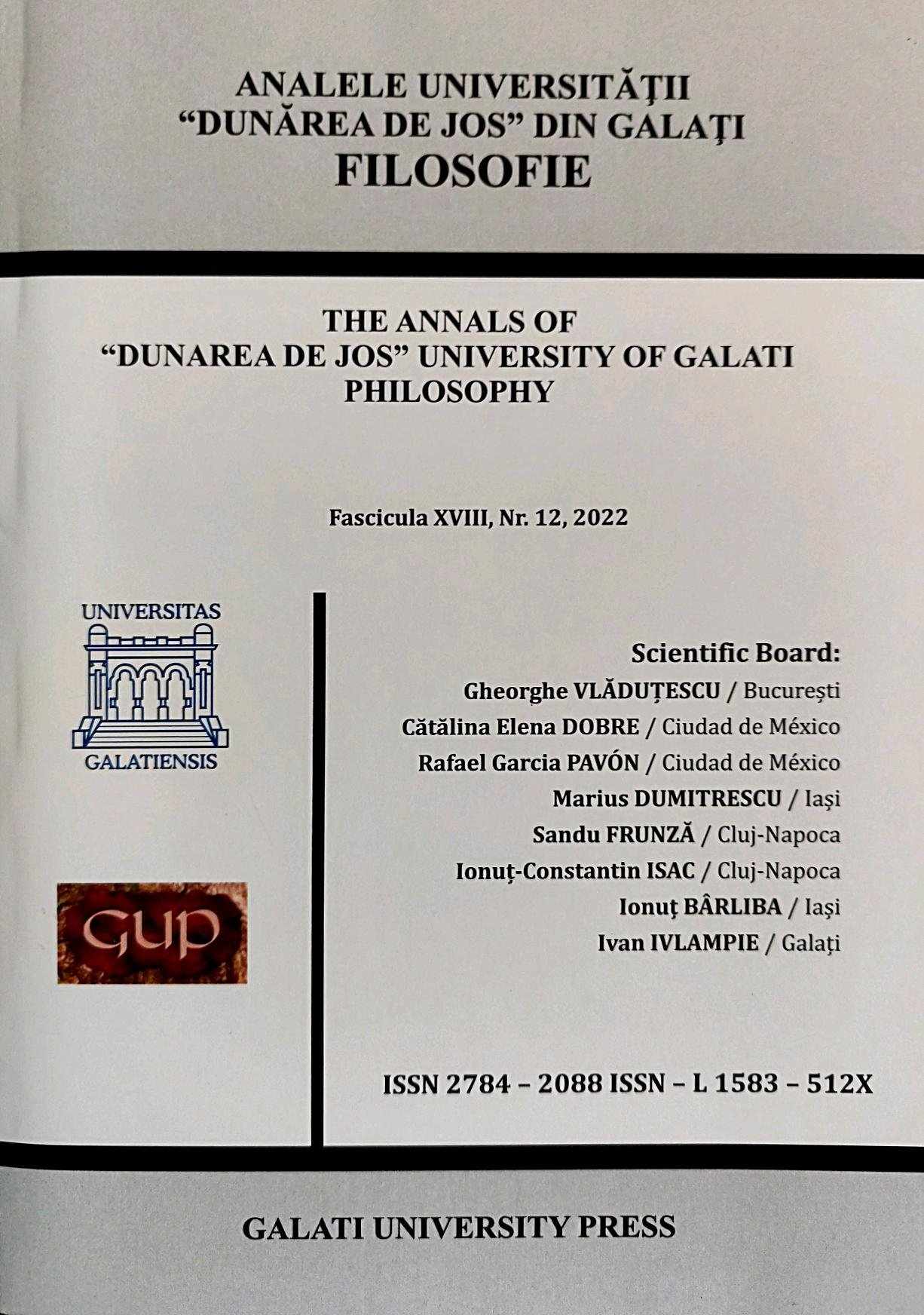Caracterul fictiv al condiţiei personale (ātman), conform budhismului Yogācāra
The Fictious Personhood (ātman), According to Yogācāra Buddhism
Author(s): Ovidiu Cristian NeduSubject(s): Philosophy, Metaphysics, Indian Philosophy, Philosophy of Religion
Published by: Editura Universității „Dunărea de Jos”, Galați
Keywords: Buddhism; Vijñanavada; Yogācāra; personal identity; mind (manas); illusion; self-limitation;
Summary/Abstract: According to Yogācāra, the Idealistic stream of Mahāyāna Buddhism, personhood is not based on an entity but rather on a fictitious projection. This illusory identity is experienced by the mind (manas); in Yogācāra philosophical jargon, “mind” refers to that function of consciousness through which some experiences are appropriated (upā-dā) and turned into a self (ātman). All the subsequent individual experiences of the “individual being” take place within the frame of this illusion projected by the mind. The limitations each individual being experiences are explained by Yogācāra Buddhism through the fact that the person is always ”wrapped” in the illusion of individuality projected by the mind. The mind becomes the root of all evil, the primary origin of bondage. The entire soteriological effort of Yogācāra will be directed towards the annihilation of this “mind”.
Journal: Analele Universității „Dunărea de Jos” din Galați, Fascicula XVIII: Filosofie
- Issue Year: 2022
- Issue No: 12
- Page Range: 45-68
- Page Count: 24
- Language: Romanian

